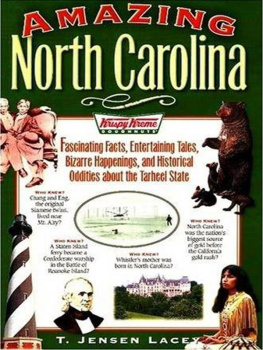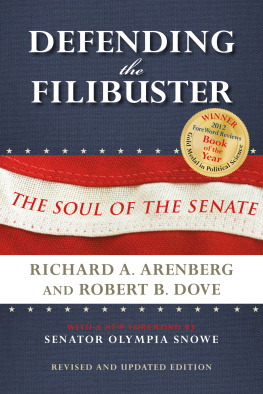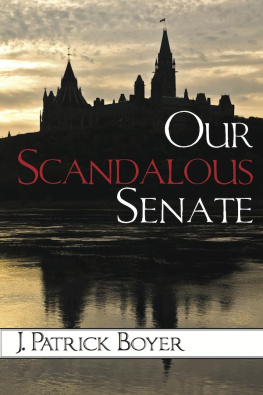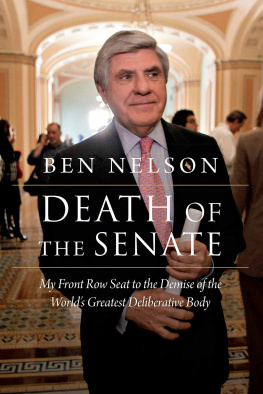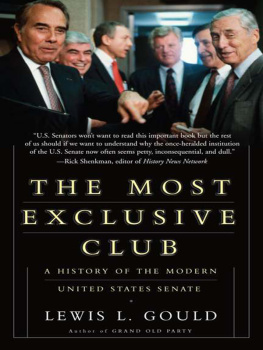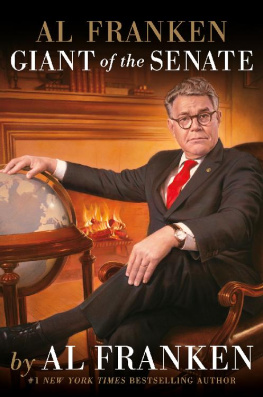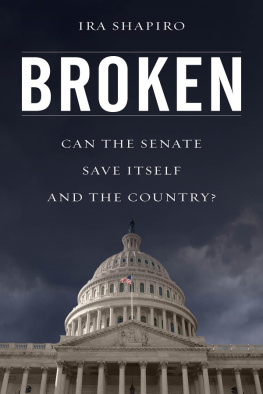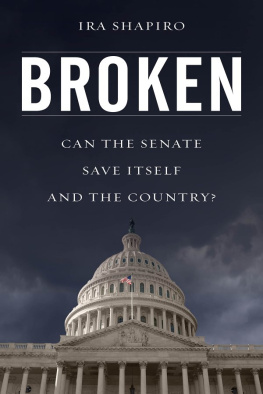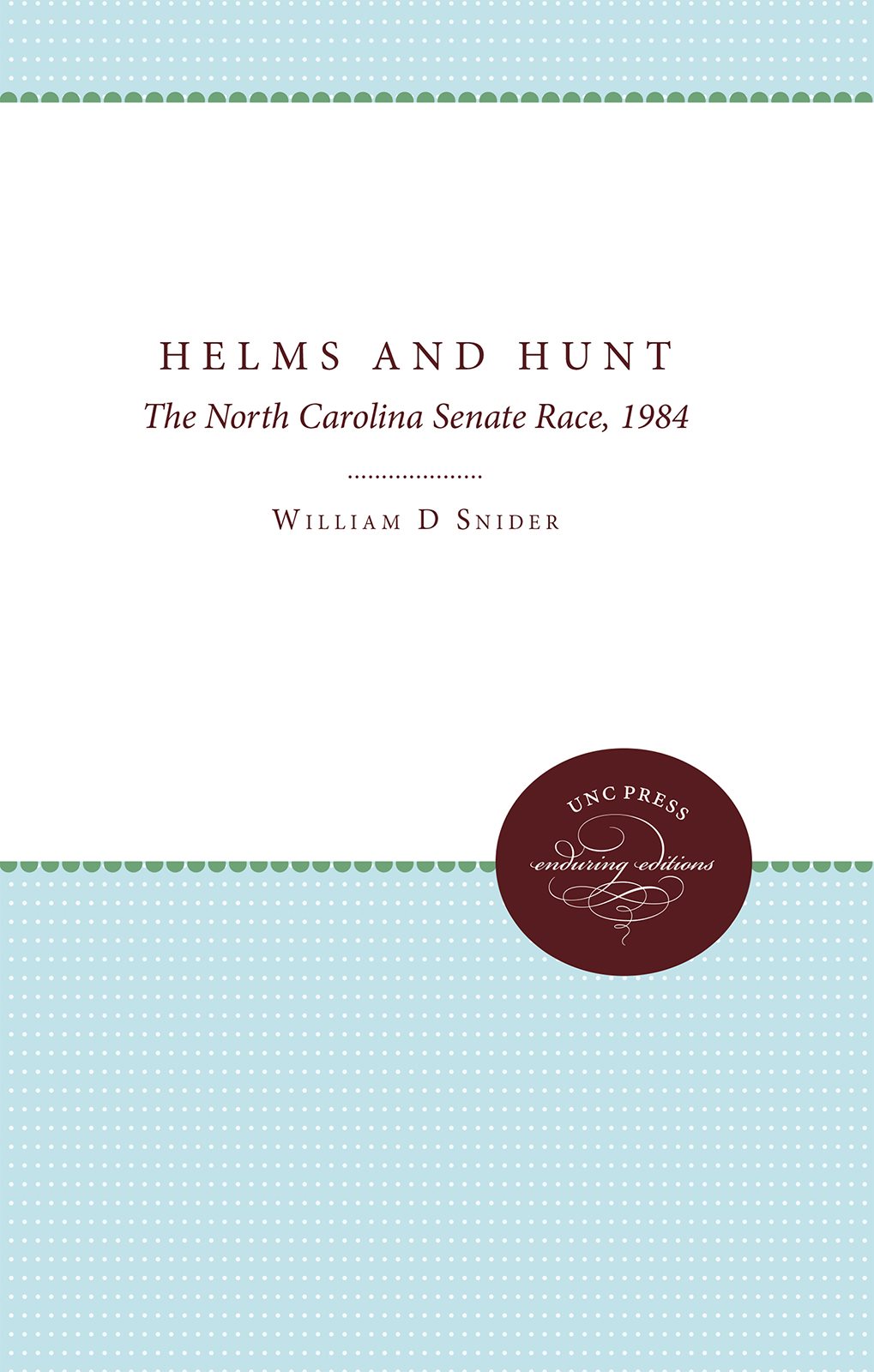Snider, William D.
Helms and Hunt.
1. North CarolinaPolitics and government1951
2. Hunt, James B., 1937. 3. Helms, Jesse.
4. ElectionsNorth CarolinaHistory20th century.
5. United States. Congress. SenateElections, 1984.
I. Title.
THIS BOOK WAS DIGITALLY MANUFACTURED.
Prologue
Some thought the ferocious race for senator from North Carolina between Senator Jesse A. Helms and Governor James B. Hunt, Jr., was the second most important election in the nation. They saw it as a sort of showdown for the soul between the conservative Old South and the progressive forces of the New. Others viewed it as yet another stage in the erosion of the old one-party Democratic South. Still others saw it as simply a southern-fried back-alley brawl, featuring the latest electronic advertising techniques underwritten by the most costly funding in senatorial election history.
As the long and rowdy campaign unfolded in the shadow of the Reagan avalanche of 1984, it was a bit of all these. It was also a flamboyant, often nasty race between two skillful politicians sprung from much the same rural soil but espousing different political and social views.
Many of the senator's admirers considered him a courtly, grandfatherly figure, the nicest man you ever saw. Others viewed him as an unbending right-wing warrior battling the tax and spend liberals or even as an avenging angel come to rescue sinners from their wicked ways. Still others identified him with Ronald Reagan's Morning in America crusade for free enterprise, patriotism, and the Opportunity Society. Not all Helms's supporters liked everything he favoredfor example, stern anti-abortion laws or organized prayer in public schoolsbut they admired his gutsiness, even in pursuit of lost causes. He knew how to send em a message, and they always knew where Jesse stood.
Then there were those who supported Helms because they liked Hunt less. They saw the governor as an overly political, wishy-washy opportunist mostly identified with tax increases and Yankee liberals on the Democratic ticket. They feared his links with the other Jesse (the Reverend Jesse Jackson) who made we want it all demands at home and anti-administration tirades abroad. They disliked Hunt's tight-knit political organization, which had become entrenched and a bit careless after eight years in power.
The governor's admirers, a substantial majority of the populace as the race began, remembered his dedication to educational and economic uplift over a whole decade of Tar Heel history. They liked his crisp, pragmatic gubernatorial leadership, his conservatism on economic issues, his moderation on social issues, and his conviction that government is a partner not an enemy. They considered him a superb ambassador beyond North Carolina's borders, radiating the optimism of a born leader. It was evident to them that Hunt's Bible Belt upbringing had imbued him more with the New Testament teachings of the Sermon on the Mount than with the thunderings of Old Testament prophets about false gods. While the governor's supporters differed among themselves about his stands on some issuesthe nuclear freeze, capital punishmentand whether he was too political or too pious, in sum they thought he championed the vision of a forward-looking North Carolina.
There were also those who supported Hunt because they liked Helms less. They viewed the senator as self-righteously hypocritical, using religion for political purposes. They remembered his role in Willis Smith's defeat of Dr. Frank Graham in the 1950 senatorial race and blamed him for igniting racial feelings, both then and now. They deplored his vision of America as a society besieged by conspiratorial forces both inside and outside the gate and charged him with stirring up hatred about a pluralistic society and caring only for those of his own kind. They feared his ideological intensity and his affinity for right-wing figures abroad and fundamentalist preachers at home. They disliked the way, as one of them put it, he contaminated serious argument with debating points from the gutter and practiced tactics of divide and conquer.
These became the contending forces in North Carolina's 1984 senatorial contest. They represented widely varying constituencies, ranging from the branch-head mountain coves of the west to the highly sophisticated academic and high-tech industrial centers of the Piedmont. Many had cast their votes for both the senator and the governor in different elections of the past. When the votes were cast on November 6, Senator Helms prevailedbut only by a narrow margin.
Mr. Clean and the Fire Chief's Son
1. Patriarch and Upstart
In the spring of 1972 Jesse Alexander Helms, a North Carolina television editorialist and newly announced Republican candidate for the United States Senate, walked into a small hardware store in the Piedmont village of Rockwell to shake hands and campaign. There he bumped into B. Everett Jordan, the incumbent senator and textile tycoon whose seat he sought.
Both men broke into laughter, and Jordan said: I've got this side of the street. Why don't you take the side with the antique store?
You'd better watch out, Helms replied. The bank's on that side.
Jordan was far from nonplussed. That's all right, he replied. I've already got my share.
This encounter reveals a lot about North Carolina politics. Humor is never far beneath the surface. Informality prevails. Nobody wants to appear too biggety, and there can be aggressiveness even in declarations of modesty.
Senator Jordan, a genial, popular senator, lost in the Democratic primary that spring before he could confront Helms. Whether he realized it or not, he was making his last hurrah. Jordan represented what political scientist V. O. Key called a financial and business elite whose influence had prevailed in North Carolina's political and economic life since the turn of the century. The state's elite was hardly patrician by some standards. A rough-hewn, down-home demeanor prevailed, both among the textile and banker-tobacco industrialists who exerted considerable influence from their Piedmont executive suites and among the Coastal Plain tobacco barons who made politics a twenty-four-hour-a-day occupation. Their easygoing informality masked an iron will and a genuine devotion to the Democratic Party, southern conservative style.
It was the lawyers, though, who usually won the top political offices, notably the governorship. There had been occasional breaks in the corporatelawyer continuity since Senator Furnifold Simmons and Governor Charles B. Aycock overturned the Republican-Populist coalition of the 1890s. The Kitchins early in the century and the Scotts at mid-century upset this aggressive aristocracy of manufacturing and banking which regularly placed its representatives in the governor's chair and in Washington. But from the time Simmons put his machine together in 1898 on the issue of white supremacy and removal of scalawag government through the 1930S40S reign of O. Max Gardner's Shelby Dynasty, North Carolina's political majority had been shaped by an economic oligarchy.
This oligarchy endured despite the occasionally successful challenges of progressive insurgents like Governors W. W. Kitchin (190912), Kerr Scott (194952), and Terry Sanford (196164) because it was basically respectful of broad community needs. Within the confines of one-party government, it never tolerated outright bigots of the stripe found in other Deep South states. North Carolina's independent farmers, small-town merchants, and workers did not elect demagogues of the genre William Alexander Percy of Mississippi described when he called The Man Theodore Bilbo a pert little monster, glib and shameless with that sort of cunning common to criminals which passes for intelligence.


